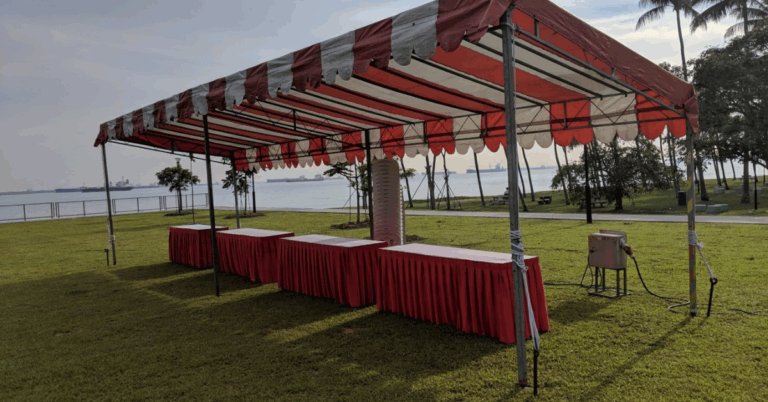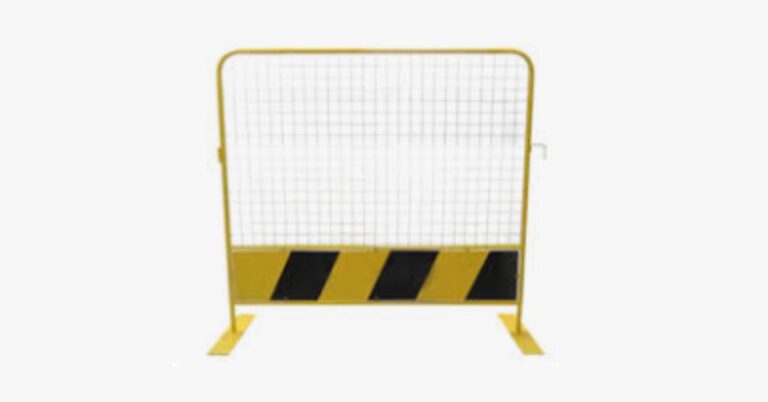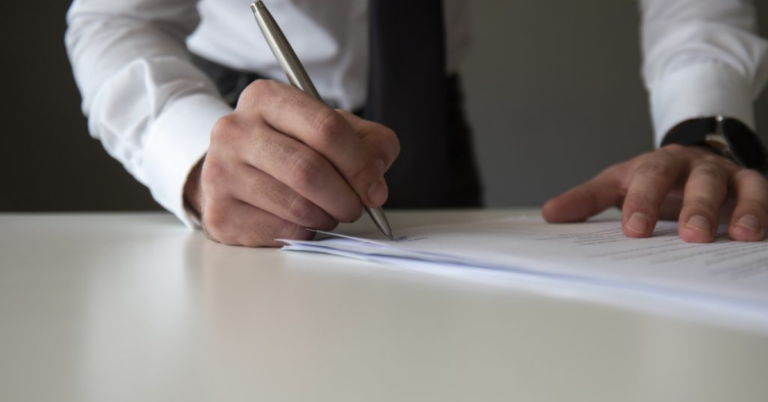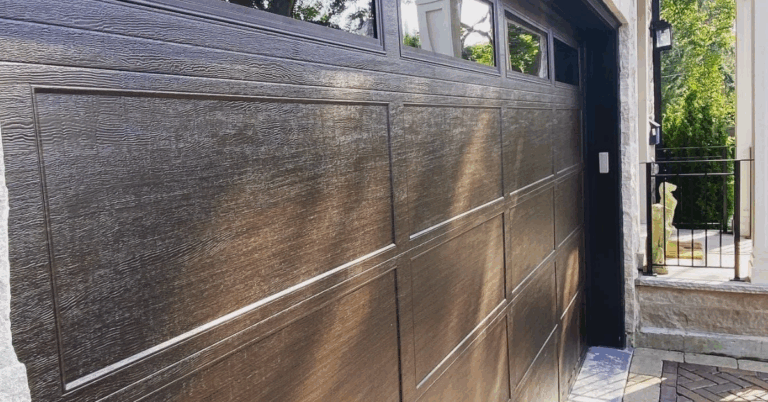From Doubt to Devotion: My Five-Year Journey with Bio Globe Singapore
When I first encountered Bio Globe Singapore, I was skeptical. The words “network marketing”, “health devices”, and “career opportunities” triggered immediate caution. Yet here I am five years later writing with genuine enthusiasm, transformed from a curious outsider to a happy distributor. This article chronicles my experience with Bio Globe Singapore: its products, business model, culture, highs and lows, and what I’ve learned along the way.
1. First Impressions & Initial Doubts
Stepping into Bio Globe Singapore’s world was a strange mix of intrigue and suspicion. On one hand, the company presents itself as a wellness-/health-device provider based in Singapore, offering products like the water filtration system called Biolytes and a sleep-/magnetic-therapy product called BMag. On the other hand, the business model is clearly multi-level marketing (MLM). Their website openly states: “Yes, we are up-front on being an MLM company”.
I remember thinking: “So am I buying a genuine product, or am I signing up for a recruitment machine?” The presence of distributor recruitment materials alongside the product listings triggered alarm bells. Indeed, some outside-commentary has labelled similar models as “a well-disguised pyramid scheme”. I made a conscious decision: I’d evaluate both product quality and business legitimacy before committing.
2. The Product Side: What’s On Offer?
Biolytes
One of the flagship offerings is the Biolytes water system—described as “Singapore’s smartest water filtration system”, shipped from Korea, approved by water quality associations. According to testimonials on the company page, users appreciated the convenience of hot & cold functionality, smooth taste, and improved bowel regularity. On paper, it ticked many boxes: water filtration, added convenience, and wellness positioning.
BMag SleepTech
The other major product is BMag, described as a magnet-based therapy device for improved sleep and health. While the science of magnetic therapy is still debated in clinical fields, the marketing narrative positioned it as a premium wellness accessory.
As I tested the products (on my own expense), I found the Biolytes to indeed offer stable hot and cold water on demand, with improved taste compared to basic filters. That said—does it eliminate all bacteria? Does it carry long-term health effects beyond convenience? That remains less clear. With BMag, I personally felt modest benefit—better rest on some nights—but attribution of effect is hard to isolate.
3. Signing on as a Distributor: The Business Side
Once I confirmed that the products seem reasonably solid, I decided to enroll as a part-time distributor to test the waters.
Training & Culture: The company emphasizes training, mentorship, team bonding and close-knit groups. Employee reviews indicate they value culture and development: for example, on Glassdoor the company is rated 4.0/5 for work‐life balance and 4.4/5 for culture and values. Indeed, I found the onboarding process rigorous (in a good way) and some leaders invested significant time in coaching.
Structure & Opportunity: The proposition: you purchase the product(s), become part of the distribution network, sell to end-customers AND recruit others, earn commissions from both. The promise: flexible hours, ability to build your own team, growth potential. I went in cautiously—deciding to treat it as a side hustle rather than full-time.
Challenges: Within months, I discovered what other reviewers noted. Sales to close friends/family can be awkward. The recruitment piece is relentless: monthly targets, team meetings, incentives. One Reddit post described the experience thus:
“This is a company that makes money by fooling the vulnerable… making a purchase of $2250-$4200 per product.”
That was a red-flag. While I did not pay such enormous sums, I recognized that heavily recruiting others is how much of the upside was framed.
4. The Five-Year Arc: What Happened Over Time
Year 1–2: Learning phase. I focused on product sales, attended weekly trainings, built a small customer base. Pay-off modest but consistent. I registered myself as a “customer first, distributor second”.
Year 3: Growth phase. With a few recruits under me, I began seeing team commissions. My belief increased: if I put more effort, the business could scale. The products had become easier to talk about because I used them and believed in them.
Year 4: Plateau + questioning. I realised growth was harder: saturation in my network, many distributors chasing the same recruits, customer acquisition more difficult. Some friends became tired of hearing the “business pitch”. I pondered: is this sustainable?
Year 5: Reflection and affirmation. I stopped chasing recruitment aggressively, refocused on customer value and retention. I built a smaller but dedicated base of users of Biolytes who liked the water system and referred others. The business now gives me a modest semi-passive income. I’ve become genuinely an advocate rather than just a seller.
5. Why I’m Happy (Now)
-
Product belief: I use Biolytes and believe it adds value in my home. When you as a distributor genuinely use the product yourself, your mindset shifts.
-
Skills gained: Sales, leadership, presentation, network building — these are transferable skills. Even if I leave tomorrow, I’ll carry these.
-
Flexibility & mindset shift: I joined part-time, worked smart, and now enjoy more autonomy than when I was a salaried employee.
-
Team & community: The social aspect was real. I built friendships, was part of recognition events, felt part of something.
6. Warnings & What to Watch Out For
-
Start-up cost & minimums: Many MLMs require you to buy a starter pack or maintain certain volumes. Before joining, check what you must purchase and whether it’s realistic.
-
Recruitment vs retail balance: If you find the emphasis is only on recruiting others rather than selling genuine product to end-users, that’s a warning sign. I personally turned the corner when I prioritized customer sales over recruitment.
-
Customer saturation & retention: In my third year, I found many potential customers already saturated with similar offers. Retention becomes key, not just new sign-ups.
-
Income expectations vs reality: The “get rich quick” narrative is alluring but rarely true. In glass-door reviews employees say “good money” but they also note “you need to work hard”.
-
Regulatory scrutiny: Some commentary regards Bio Globe Singapore (and similar companies) with suspicion. One Reddit thread starkly warned of large purchase amounts and pressure tactics. It’s wise to investigate local regulation and how the company claims compliance.
7. Evaluating Bio Globe Singapore for You
If you’re reading this and wondering whether you should join or buy the product, here are some criteria I now apply:
-
Do I personally value the product? If Biolytes or BMag genuinely appeal to your lifestyle and you’d buy them anyway, it’s less risk.
-
Do I have a network? Since MLM relies on referrals and word-of-mouth, having a network helps significantly.
-
Am I comfortable selling? If you hate sales, cold calls, recruiting friends — you’ll struggle.
-
What are my goals? If you want side income, maybe this works; expecting full-time salary equivalent in short order is unrealistic.
-
Will I diversify? I recommend not putting all your eggs in the MLM basket. Use it as one stream.
8. My Final Thoughts
After five years, I can say this: Joining Bio Globe Singapore was not a magic moment but a gradual journey. I evolved from skeptic to believer by being disciplined, realistic, product-centric and cautious of hype. The company provided a platform—and the rest was my work.
If I had to distil lessons:
-
Believe in what you sell.
-
Prioritize genuine product value over recruitment hype.
-
Understand that MLM is still a business. Treat it like one: costs, time, expenses, ROI.
-
Build a foundation of customers who use and appreciate the product, not just recruits.
-
Have an exit strategy and avoid being locked into huge product purchases you can’t move.
9. The Broader Perspective: Wellness + Network Marketing in Asia
What I found fascinating in this journey is how in Singapore and the region, wellness devices and “better-lifestyle” products are charismatic. Bio Globe Singapore taps into that: clean water systems, sleep technology, direct sales model, flexibility—all resonate in an era of self-improvement. Their website emphasises both product quality and “career opportunities”.
Yet this dual approach (wellness product + MLM business) also demands more scrutiny. Legitimate wellness products exist; so do predatory network-schemes. My advice: separate the two in your mind and evaluate them both.
10. Conclusion
Five years post-sign-up, I can genuinely say that I am a happy distributor of Bio Globe Singapore. Not overflowing with luxury cars or overnight wealth, but running a steady income, using products I believe in, and leading a team of like-minded people. If you approach with eyes open, realistic expectations and solid groundwork, you can find value.
If you join, make sure you understand the cost, the sales process, the recruitment expectations and critically, that you use and believe in the core products.
And if you simply buy the product (without distributing), treat it like any consumer purchase: check specifications, after-sales support, warranty, and value for money.
In a world full of health claims and business promises, my story is simple: sincerity, effort, alignment with personal values. That’s what turned me from skeptic to advocate.







